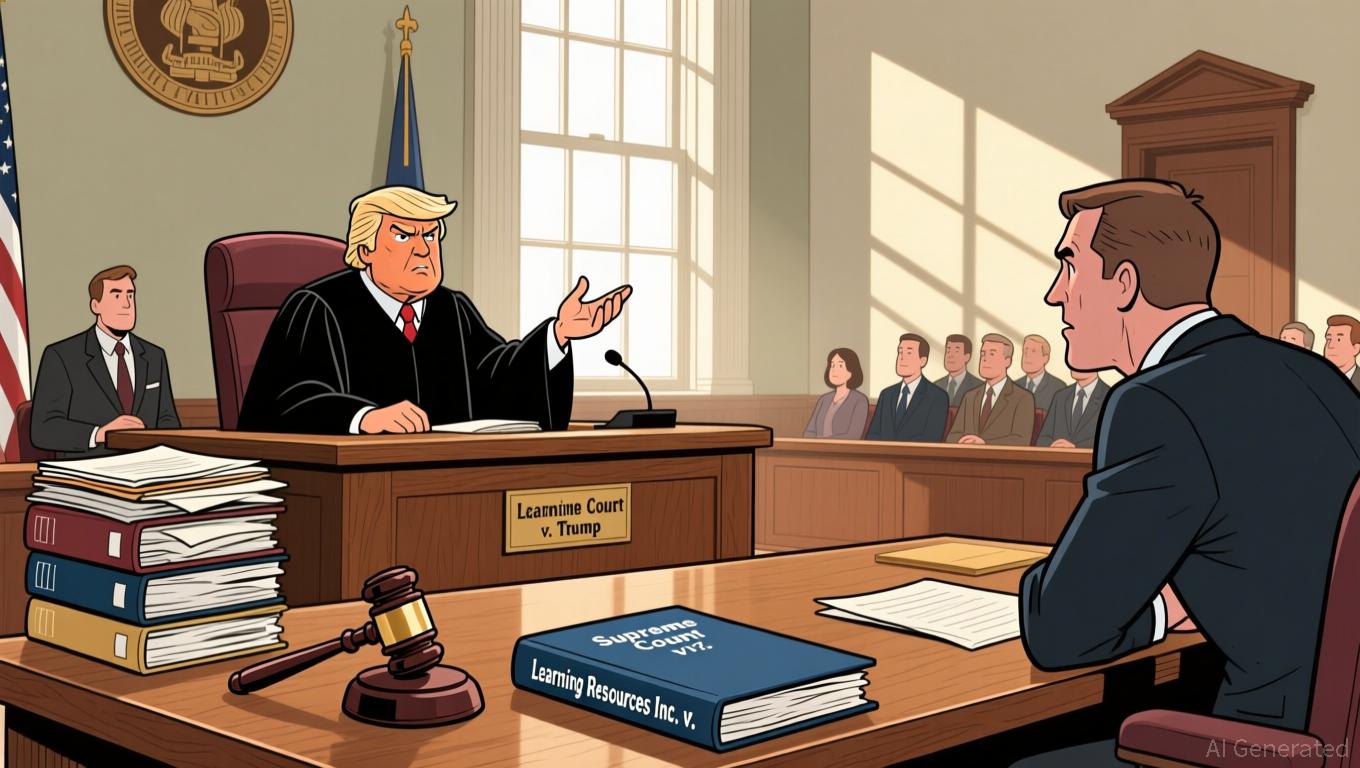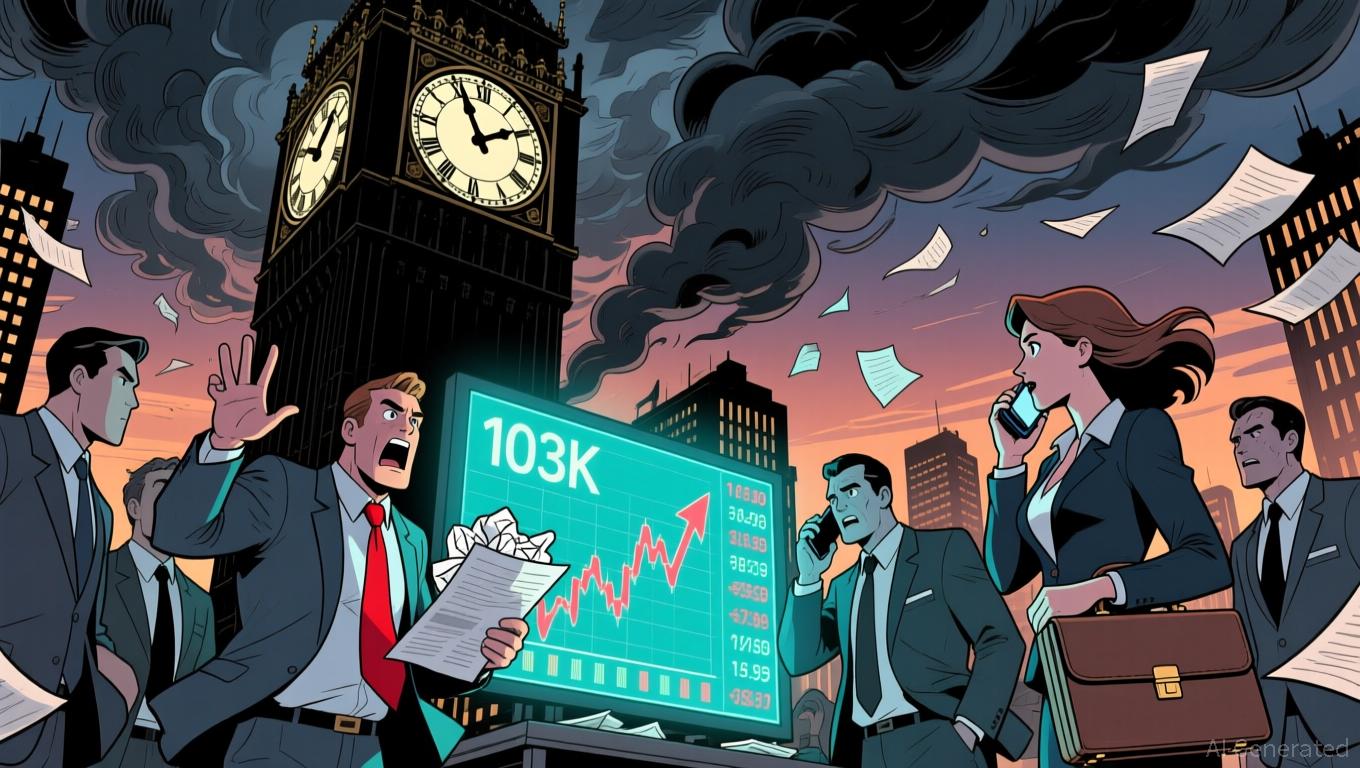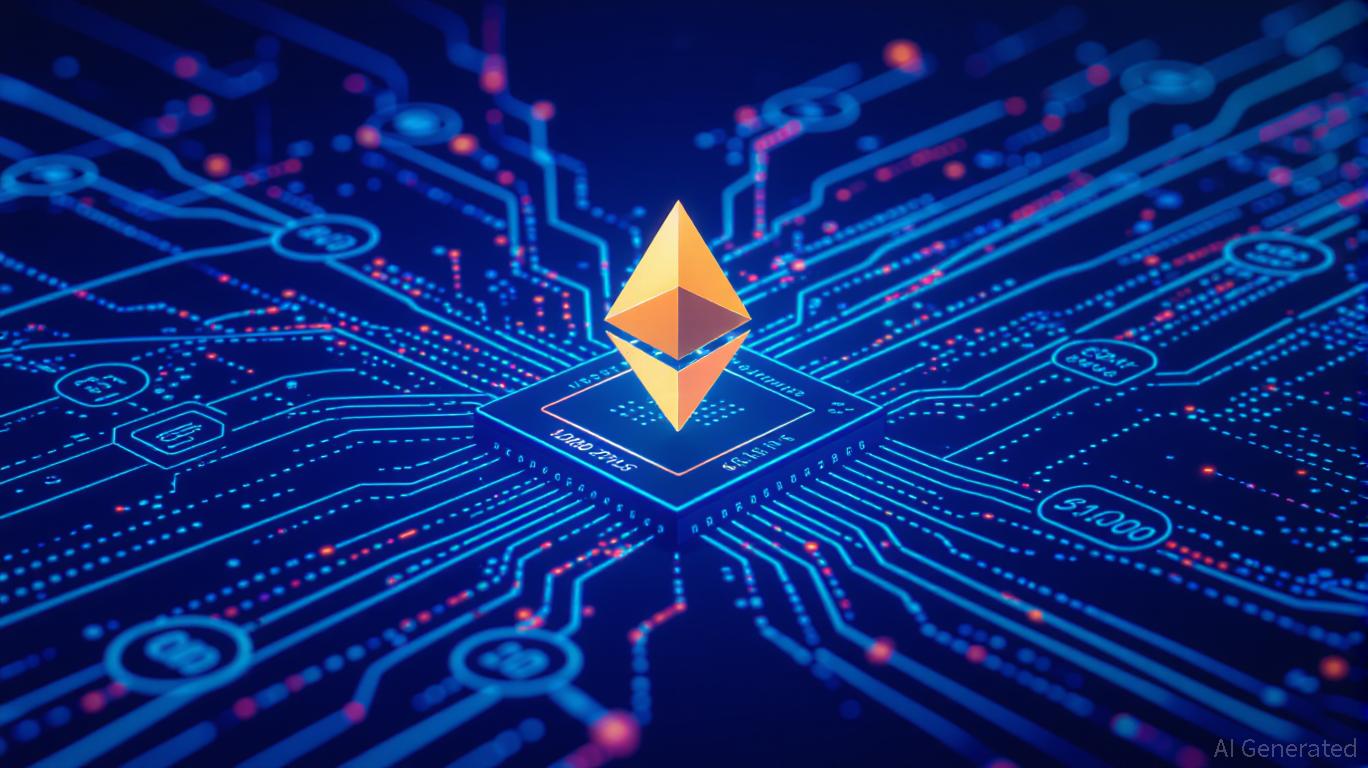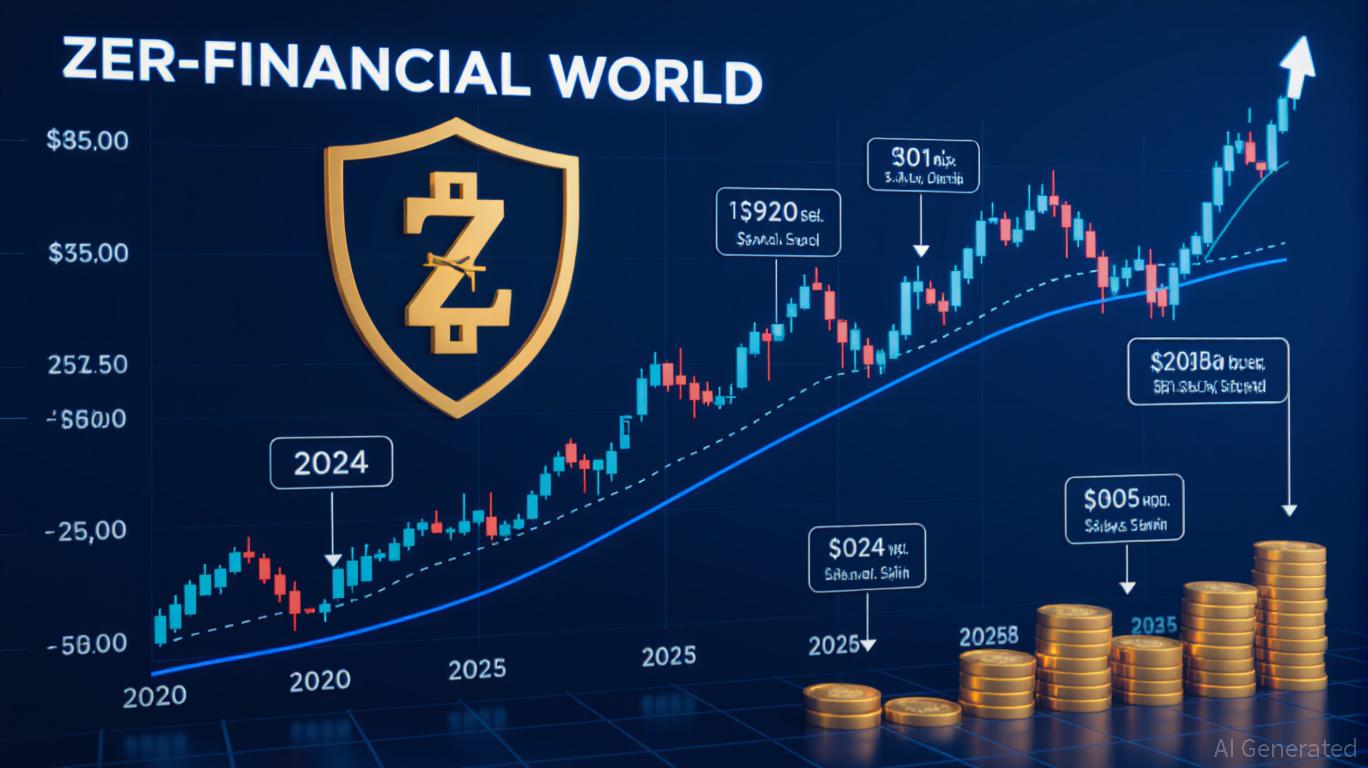Supreme Court to Rule on Whether Trump's Tariffs Exceed Presidential Powers
- U.S. Supreme Court will decide if Trump's 50% "Liberation Day" tariffs violate constitutional limits on executive power. - Legal challenge argues IEEPA doesn't authorize unbounded tariffs, with lower courts ruling against the 2019-2021 measures. - Economists estimate tariffs cost households $1,800/year while generating $223B revenue for Treasury. - Ruling could redefine presidential trade authority, either limiting future unilateral actions or expanding executive power precedents.
The forthcoming decision by the U.S. Supreme Court regarding President Donald Trump’s extensive “Liberation Day” tariffs could significantly alter the distribution of authority between Congress and the executive branch, potentially impacting both the economy and global trade. The dispute, Learning Resources Inc. v. Trump, questions whether Trump exceeded his constitutional powers by using the International Emergency Economic Powers Act (IEEPA) to implement tariffs up to 50% on imports from almost every nation, as highlighted in a
This legal battle gained traction after a blog post by George Mason University law professor Ilya Somin prompted a group of small businesses to challenge the tariffs, arguing that they represent an unconstitutional overreach of executive power, according to a

The Trump administration maintains that the tariffs are essential to address what it calls a “national emergency” caused by trade deficits, which it argues endanger American industries and national security. Solicitor General D. John Sauer argued before the court that IEEPA empowers the president to “regulate” imports, including through tariffs, during emergencies, according to the
Experts caution that these tariffs have already increased annual costs for the average household by $1,800, according to
Although the court’s 6-3 conservative majority has often sided with the Trump administration, justices including Neil Gorsuch and Amy Coney Barrett have voiced concerns about unchecked executive power. If the court rules against the tariffs, Trump may have to depend on more limited statutes, such as the Trade Act of 1974, which only permits temporary, targeted tariffs.
As deliberations continue, the case has attracted international interest, with countries like Singapore and India watching for possible changes in U.S. trade policy. The ruling, anticipated by December, will not only decide the future of Trump’s tariffs but will also influence the legal boundaries for presidential action in economic and foreign policy.
Disclaimer: The content of this article solely reflects the author's opinion and does not represent the platform in any capacity. This article is not intended to serve as a reference for making investment decisions.
You may also like
Bitcoin News Update: Bitcoin’s Drop to $100k Highlights Short-Term Anxiety Versus Enduring Confidence from Institutions
- Bitcoin fell below $100,000 in Nov 2025 amid geopolitical tensions and profit-taking, wiping $1.3B in crypto liquidations. - Technical indicators showed bearish momentum, with whales selling 38.4k BTC while retail traders bought 415 BTC. - Michael Saylor predicted $150k BTC by year-end, citing institutional adoption, as investors shifted to altcoins like AlphaPepe. - Miners like MARA doubled Bitcoin reserves in Q3, but stocks dipped amid macroeconomic uncertainties and volatile price swings.

Vitalik Buterin Backs ZKsync: Driving Layer 2 Expansion and Unlocking Investment Opportunities
- Vitalik Buterin's endorsement of ZKsync's Atlas upgrade validates its technical innovation, boosting institutional interest and investor confidence. - The upgrade enables direct Ethereum liquidity access, achieving 15,000+ TPS and near-zero fees, positioning ZKsync as a key Layer 2 infrastructure. - Buterin's backing triggered a 120% token price surge and $600M market cap, highlighting its potential to dominate Ethereum's scaling solutions. - ZKsync's tokenomics overhaul prioritizes buybacks and staking

Zuckerberg: *The Social Network* Captured My Mannerisms, But Not My Life
- Mark Zuckerberg praised *The Social Network* for accurately replicating his Harvard-era casual style, including owned T-shirts and fleece jackets. - He criticized the film's narrative, calling its portrayal of his Facebook motivations and fabricated romantic subplot "completely wrong." - Zuckerberg highlighted Hollywood's struggle to grasp tech entrepreneurship's intrinsic appeal, emphasizing real-world innovation vs. dramatization. - Despite narrative disagreements, he bought the film's iconic "Ardsley

Zcash Halving Scheduled for November 2025: Triggering Market Fluctuations and Attracting Speculative Investments
- Zcash's November 2025 halving will cut miner rewards by 50%, mirroring Bitcoin's deflationary model and tightening supply. - Historical data shows post-halving price surges, with Zcash's price rising 472% since October 2025 amid $137M institutional inflows. - Privacy-centric features (30% shielded supply) and speculative demand drive volatility, but regulatory risks and competition pose challenges. - Market dynamics highlight tension between scarcity-driven optimism and macroeconomic uncertainties affect
